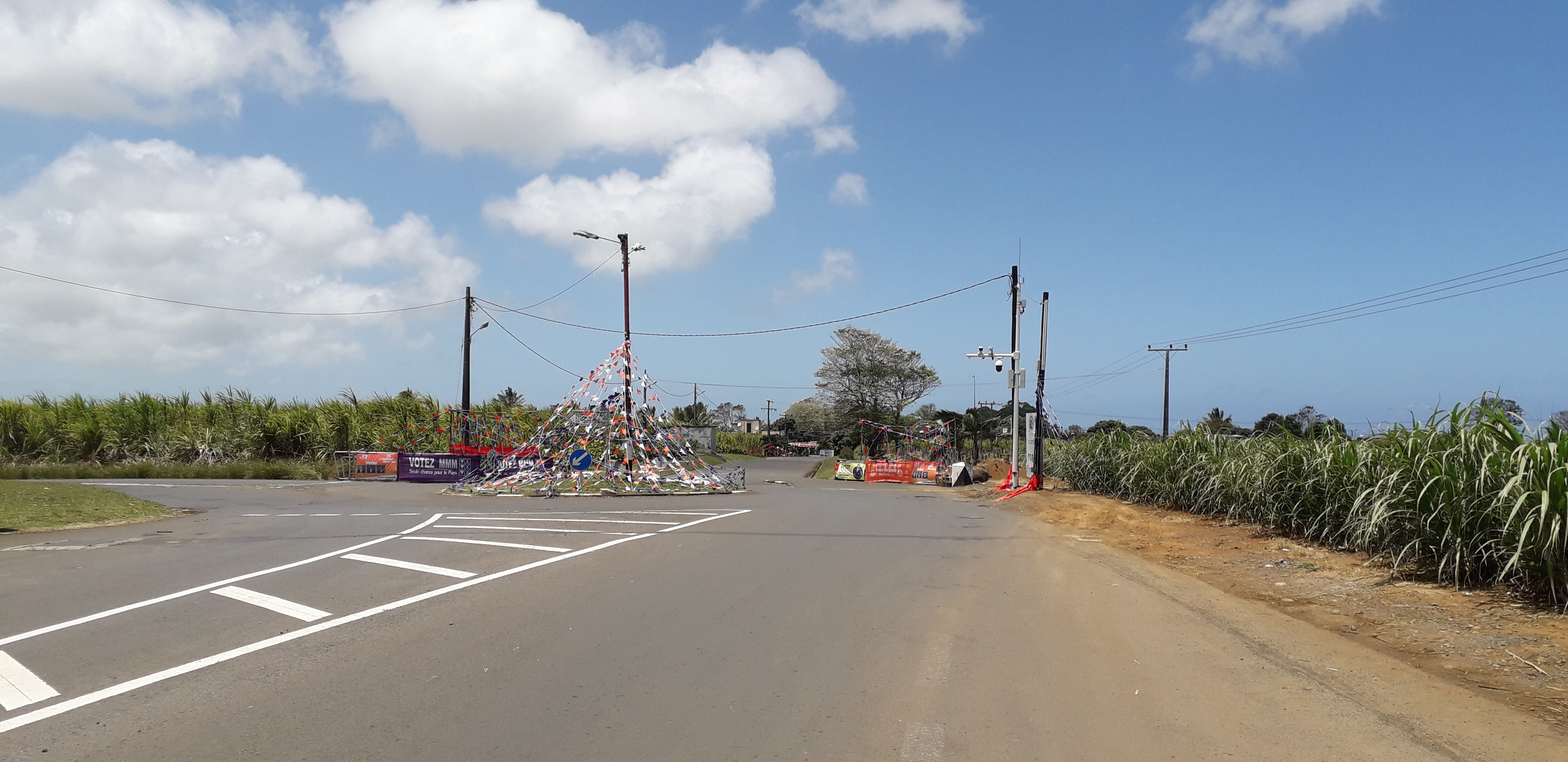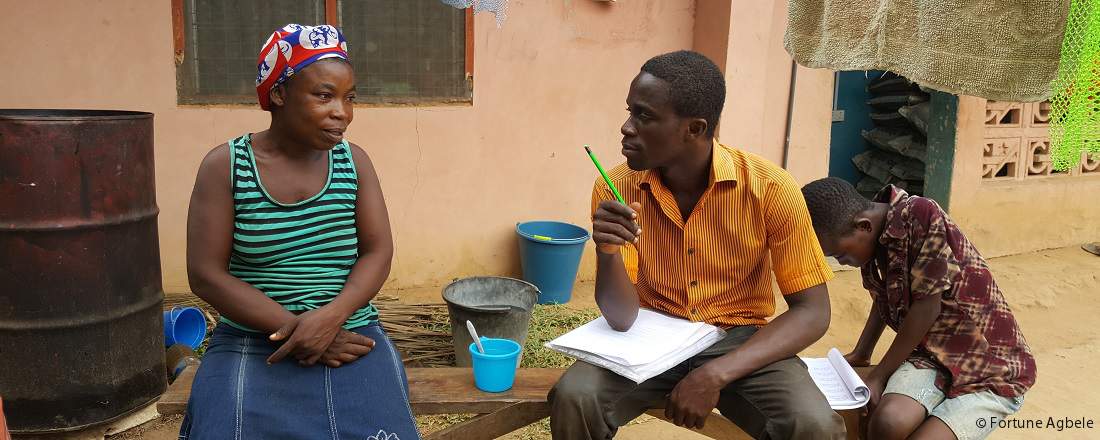Research
The Professorship of African Politics and Development Policy specializes in democratization issues in Africa.
The professorship focuses on actors and processes that are of importance for both political and broader socio-economic development. These include, amongst others, political parties and electoral processes, top-level judges between politicization of the judiciary and judicialization of politics as well as multi-level governance in selected regional integration processes.
Ongoing Research
Within the framework of the Excellence Cluster “Africa Multiple" the professorship addresses interdisciplinary questions of regional integration as part of the project “Multiplicity in Decision-Making of Africa’s Interacting Markets: The Functioning of Community Law, the Role of Market Participants and the Power of Regional Judges (MuDAIMa)". Using a relational approach of political justice research, which was developed together with colleagues from Canberra and Melbourne, the Political Science angle will specifically focus on regional jurisdiction and the appointment politics of regional judges in selected member states.
Projects at a glace
PhD Research
Current PhD projects include research about the determinants of voter participation and the risks of violence in the context of partisan mobilization. Another doctoral thesis compares the influence of the Arab Spring on the cultural policies.
- Ongoing PhD ProjectsHide
-
- Julão Alar: Managing party loyalty in violent elections: Comparing the municipalities of Beira, Quelimane, and Tete in Mozambique
- Julia Kasten: Contribution of social networks to the efficiency of pro-democratic movements in African and European contexts.
- Julão Alar: Managing party loyalty in violent elections: Comparing the municipalities of Beira, Quelimane, and Tete in Mozambique
- Completed PhD ResearchHide
-
- Dr. Andreas Wüst: Cultural policies in the context of the Arab Spring – an instrument to foster political stability?
- Dr. Diana Kisakye: Judges as agents of regional integration: A relational analysis of judicial networks in African regional courts
- Dr. Fortune Agbele: Determinants of Voter Participation
- Dr. Lochna Bonkat: Surviving in a Conflict Environment - Market Women and Changing Socioeconomic Relations in Jos, Nigeria (2016)
- Dr. Ghadafi Saibu: Risks of Violence in the Context of Partisan Mobilization
- Dr. Emnet Tadesse Woldegiorgis: Regionalization of Higher Education in Africa and the Operationalization of the African Union Higher Education Harmonization Strategy (2015)
- Dr. Andreas Wüst: Cultural policies in the context of the Arab Spring – an instrument to foster political stability?
Completed Research Projects of the Professorship
- Political Participation in Mauritius: Polls, Parties, and Everyday Practices (field research training, 2019)Hide
-
 Political participation is about a wide range of how people can get
Political participation is about a wide range of how people can get
involved in influencing, shaping, rejecting or utilizing public affairs.
It goes far beyond voting in elections. Political participation
includes forms of resistance against specific public policies, social
media campaigns that pressure for political change, the animation
of associations that fight for ideas about how the society should
look like, involvement in party politics or as an elected
representative, and many more ways of individuals and groups
interacting with the state and the general public. Processes of
electoral competition, including the organized voicing of interests and ideas, representation in elected assemblies, and citizens’ voting and turnout behaviour are core elements of democratic participation.The field research training included classes in which the participants were prepared in thematic, theoretical and methodical skills before leaving to the field. Subsequently, the graduate students spent six weeks of organized field research in the republic of Mauritius in cooperation with the University of Mauritius.
Participants of either track were invited to join Processes of political participation heat up before elections, campaigning mobilizes political parties, candidates seek the best strategy to get elected, the media closely follows the events and the people’s interest in politics surges. Thus, the national elections that took place in the Republic of Mauritius in late 2019 provided an excellent opportunity to study political participation, electoral competition, and democratic development in an African country.

